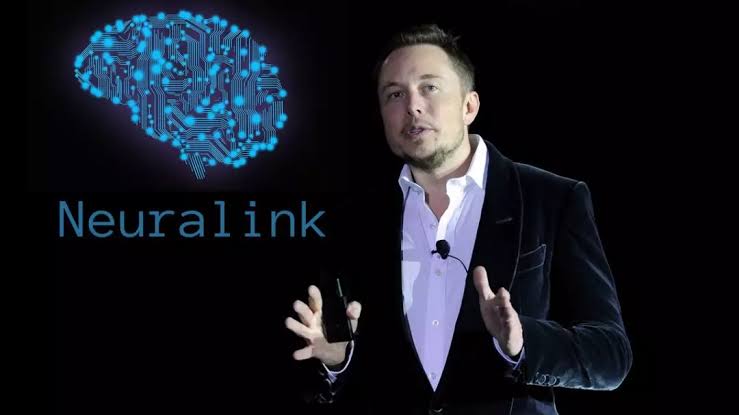Elon Musk's Neuralink raises $205 million from investors including Google Ventures
- Posted on July 30, 2021
- Technology
- By Glory

Elon Musk's brain-computer startup, Neuralink has raised $205 million in a Series C funding round which had investors like Google Ventures, OpenAI CEO Sam Altman, and Peter Thiel's Founders Fund. The round was led by Dubai-based Vy Capital.
"The funds from the round will be used to take Neuralink's first product to market and accelerate the research and development of future products," Musk said.
The latest investment comes two years after the startup raised $51 million. According to startup tracker Crunchbase, Neuralink's total investment is now $363 million.
Neuralink was founded in 2016 by Tesla boss Elon Musk. It is currently developing high-bandwidth brain implants that can communicate with devices like computers and smartphones. The company's first clientele target is quadriplegics, who are unable to effectively use any of the devices today. It is making steady progress towards human trials.
"The first indication this device is intended for is to help quadriplegics regain their digital freedom by allowing users to interact with their computers or phones in a high bandwidth and a naturalistic way," the company wrote. It added that its first product, the N1 Link will be "completely invincible" once implanted and it would transmit data via a wireless connection.
"With a direct neural interface, we can improve the bandwidth between your cortex and your digital tertiary layer by many orders of magnitude," Musk said. "I'd say probably at least 1,000, or maybe 10,000, or more."
Musk also said that people are already "cyborgs" in effect, thanks to a tertiary "digital layer" gotten from phones , computers, and applications, during a Clubhouse discussion in February.
As Neuralink prepares towards human trials, it has run series of trials on pigs and a monkey that could play ping pong with its mind. Musk, who is also the CEO of Tesla and SpaceX, described Neuralink implants as a Fitbit in the human skull with tiny wires that go into the brain.
The company said on Thursday that its mission is to "develop brain-machine interface that treat various brain related ailments, with the eventual goal of creating a whole brain interface capable of more closely connecting biological and artificial intelligence."
Neuralink's target is the cortex of the brain— the part of the brain that houses memory, attention, perceptual awareness, thought, language, and consciousness. Speaking long-term, Musk claims that his brain-machine interface could allow humans share thoughts or ideas to one another using telepathy which would exist in a "saved state" after they die, to be transferred to another human or a robot. Musk acknowledged that he was delving into spooky sci-fi but is determined to see it become a reality.
There have been ongoing discussions about the ethics of Artificial Intelligence amongst experts. While some scientists believe that AI —when fully harnessed — may cause more harm than good. However, Musks believes that the human race can be well-developed with AI and reportedly said that Neuralink's technology could some day allow humans to "go along for the ride."


Be the first to comment!
You must login to comment